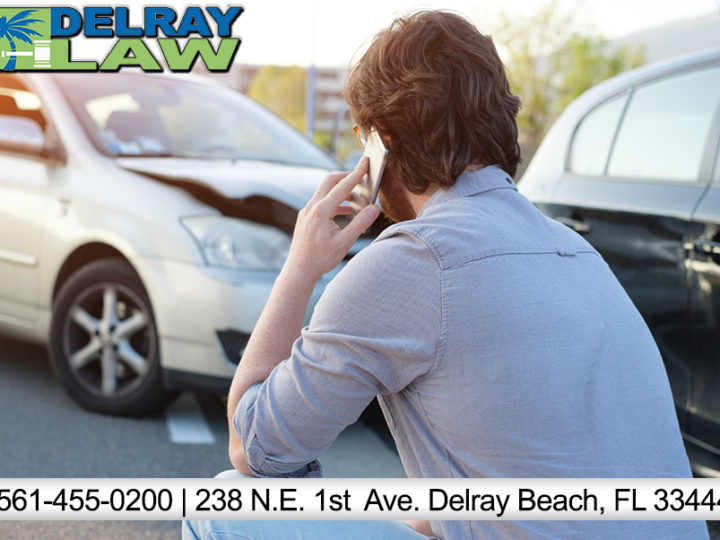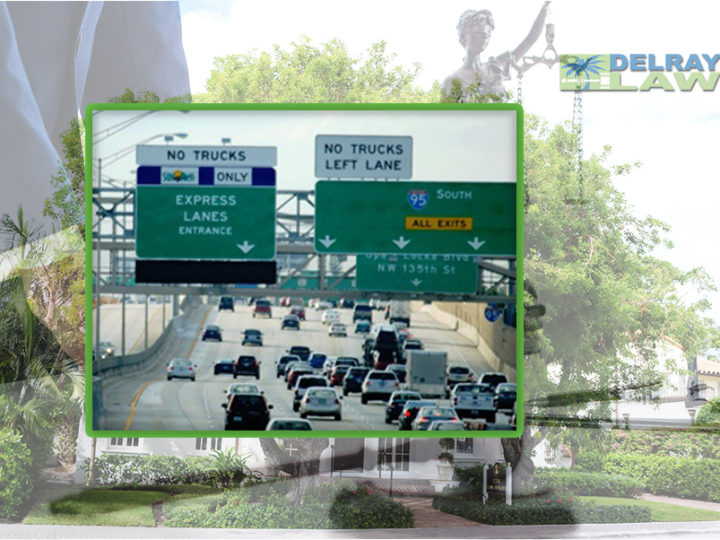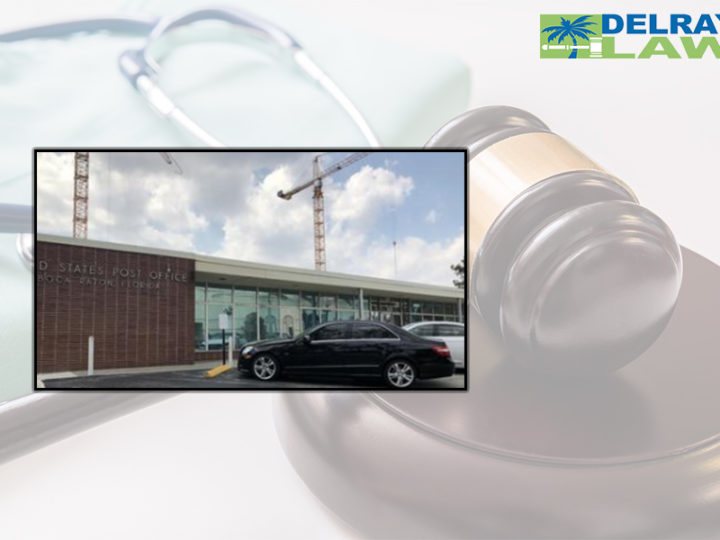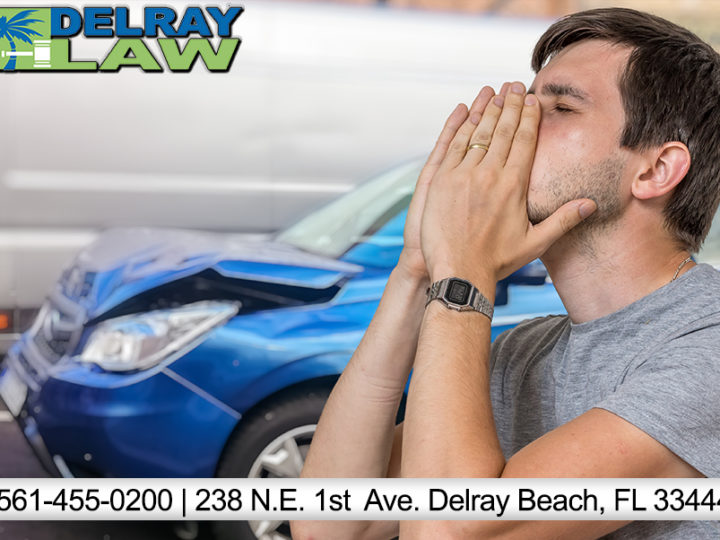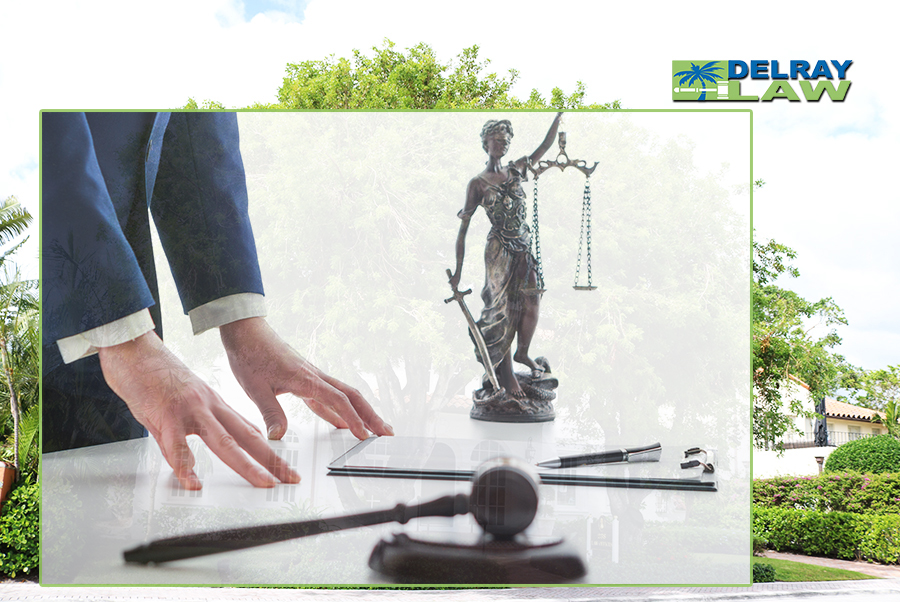
4 Reasons You May Need a Lawyer after an Auto Accident in Florida
We’ve all seen scenes in movies or television shows that involve car accidents. Even if it’s just a fender bender, things can get dramatic between the drivers involved. One driver may even threaten to call their lawyer and sue.
While yelling and screaming after a fender bender may exaggerate the emotions involved in an accident, it’s not uncommon for a lawyer to help people through the process of getting compensation and dealing with the aftermath of a car accident if someone was seriously injured. Dealing with your insurance provider or getting the other driver to cough up money for damages can be a long process. Reaching out to an experienced personal injury lawyer can help to make that process smoother, faster, and more effective for you.
How do you know whether you should hire an attorney to help you deal with your auto injury? Here are some helpful tips to get you in the know.
1). You Don’t Know Your Rights. Attorneys can be amazingly supportive if you want to learn more about your rights and what is ahead after a car accident. Laws are continuously changing, and this may be your first time entering the world of personal injury law as it relates to auto accidents.
Insurance companies may inaccurately tell you that you have no right to do something to lower their payout to you. Checking your rights and options after an accident is the surefire way to get the best outcome.
If you’re new to Florida, or not familiar with Florida’s policies and procedures, it’s particularly vital to talk to a lawyer who has experience in the Sunshine State. Each state has distinctive laws and policies regarding insurance, fault, and negligence claims, and ours vary more than most.
2). You Need to Negotiate with Your Insurance Provider. Damages from an auto accident can’t always be calculated with just receipts: an auto accident can cause money related damages in the form of misplaced work, loss of transportation, and so on. Your insurance provider can, therefore, negotiate these damages.
Haggling for the compensation you deserve can be extremely stressful and unpleasant, especially if this is your first time filing a claim of this sort. From writing a demand letter to finalizing your settlement, a lawyer can represent you, arrange for you, and help get you the best settlement possible.
In the event, you’re involved with another driver’s insurance company, or if your insurance provider gets a lawyer involved, call your lawyer immediately.
3). Filing a “Bad Faith” Insurance Claim. Even after negotiating with your insurance provider, they may deny your claim, leaving you with a plethora of bills to pay.
An insurance company may deny you because you failed to make certain due dates or applied for payments that are not covered under your plan. However, if they unlawfully deny you, it may be necessary to file a “bad faith” insurance claim. A lawyer can lead you through the process of negotiating a bad faith claim and fighting for the compensation that you deserve after an accident.
4). Damages Aren’t Fully Covered by PIP (Personal Injury Protection). After many smaller, less serious car accidents, insurance will cover most of the damages and everyone can move on. Unfortunately, if your damages exceed $10,000, PIP won’t cover them. Other types of coverage can step in to ease the blow, but if there is no additional insurance or if your damages go beyond even that, you may have to take the other driver to court.
This only works if your injuries are genuinely serious and you believe you can prove that the other driver’s negligence caused the crash. If you can do this, a lawsuit can help to get you the compensation you need and deserve.
Be prepared to get some of the blame, though. To defend their actions, the defendant is likely to try to argue that you are at least partially at fault for the incident. Even if they succeed, it doesn’t mean that you won’t be compensated.
Florida’s comparative negligence laws mean that it is possible to assign a percentage of blame to each driver and base compensation accordingly. So, if you sue the other driver for $20,000 and win, but you are found to be 25% at fault, you will only get $15,000.
The best way to get needed compensation is to find a lawyer who has experience dealing with these types of lawsuits. They will know how to collect the right evidence and make the most effective arguments to help you win your claim.

